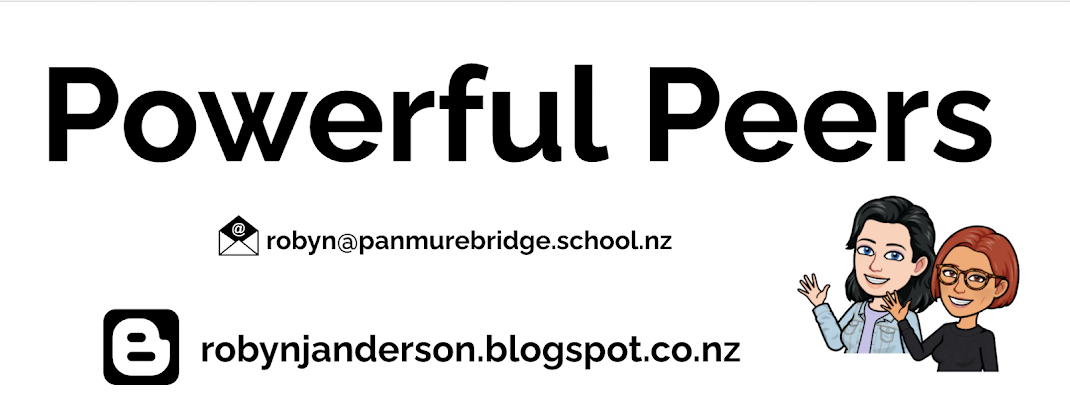This year I want to find out if a focus on spelling conventions foster an environment where word consciousness strengthens connections to the learning? Creating a causal chain helps me stay focused on the purpose of my teacher inquiry. As I have said before, it is so easy to fall down many rabbit holes along the way so having a causal chain to look back on helps to keep me on track. Creating a causal chain allows me to visualise where I want my students to be at the end of the learning year, then map backwards the steps I will take to strengthen our (mine and my learner's) connections to the topic.
My 'crusade' this year is to grow the vocabulary knowledge of akonga in my literacy groups. This year Dianne and I are undertaking a collaborative inquiry as we share a learning space. Although we are approaching this challenge in different ways, the reason behind it remains aligned. We have seen our students fall back on the familiar and simple words like 'went' when writing independently, possibly because don't have the confidence to draw on the more powerful words that would move their writing to the next level. Our hunch is that reliance on the 'known' maybe due to the 'fear' of making mistakes when spelling the more challenging words expected at a Year 7/8 level. Spending time focussing on identifying meaningful chunks in words (root words, base words and affixes) might be the key that unlocks the door to the 'unknown' and may help my learners strengthen their vocabulary, spelling and decoding development in literacy so they are able to use and apply this knowledge when working independently..

No comments:
Post a Comment